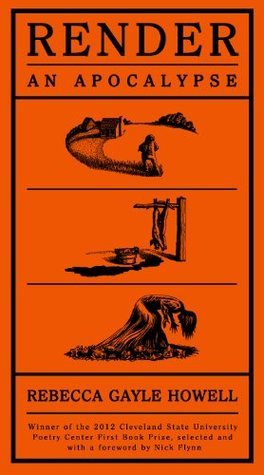What do you think?
Rate this book


88 pages, Paperback
First published March 1, 2013
... and what a simple thing
for you to stop
stacking hay
hosing away her filth
stop, what, maybe to smoke
your hands already out of your pockets
your teeth already clenched
what a simple thing
her head wrenching toward light
your fingers thick with her wire
hair as you think about
the work ahead
its musk and hazard
how this is not about love